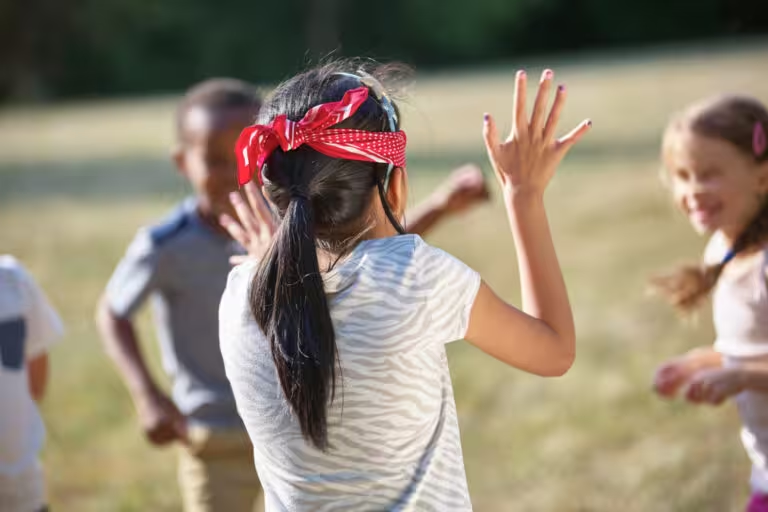
It is important to define fairness and understand what it means to us. Discussing this helps us better understand other people and our emotions.

Identify and understand emotions, values, attitudes, motivations, mindsets, and personal attributes.
Assess the feelings of others and be sensitive to the feelings and needs of others.
Employ critical and creative thinking skills to solve problems and make rational, ethical, and effective decisions that produce the best possible result.
Students will be defining fairness and discussing what it means to be fair, and what is considered unfair in their world. This lesson will give students the opportunity to view fairness from multiple perspectives, so they can create a more expansive picture of what it looks like and sounds like in different settings and situations.
“Win or Lose, Do It Fairly.” – Knute Rockne
“The Way You See People Is the Way You Treat Them, And the Way You Treat Them Is What They Become.”– Johann Wolfgang Von Goethe
“Live So That When Your Children Think of Fairness and Integrity, They Think of You.” – H. Jackson Brown, Jr
“Fairness Is Not an Attitude. It’s A Professional Skill That Must Be Developed and Exercised.” – Brit Hume
“I Think Perfect Objectivity Is an Unrealistic Goal; Fairness, However, Is Not.”– Michael Pollan
“From the Equality Of Rights Springs Identity Of Our Highest Interests; You Cannot Subvert Your Neighbor’s Rights Without Striking A Dangerous Blow At Your Own.”– Carl Shurz
“You Cannot Be Fair to Others Without First Being Fair to Yourself.” – Vera Nazarian
“If You Want to See the True Measure of a Man, Watch How He Treats His Inferiors, Not His Equals.” – J. K. Rowling
“We Hold These Truths to Be Self-Evident: That All Men Are Created Equal.” – Declaration of Independence
Partner discussion (2 min)
Productive Group Work (10 min)
Share out your team’s definition of fairness (5 min).
Create a class definition of fairness that everyone agrees on (5 min).